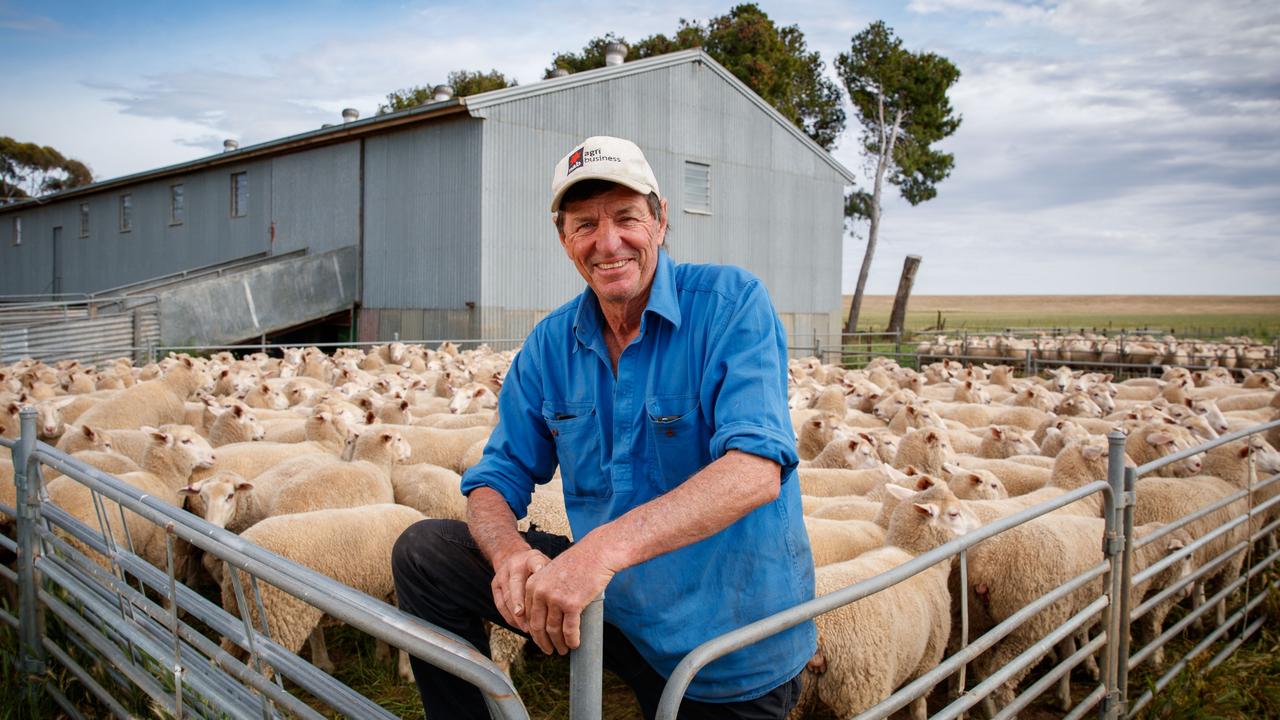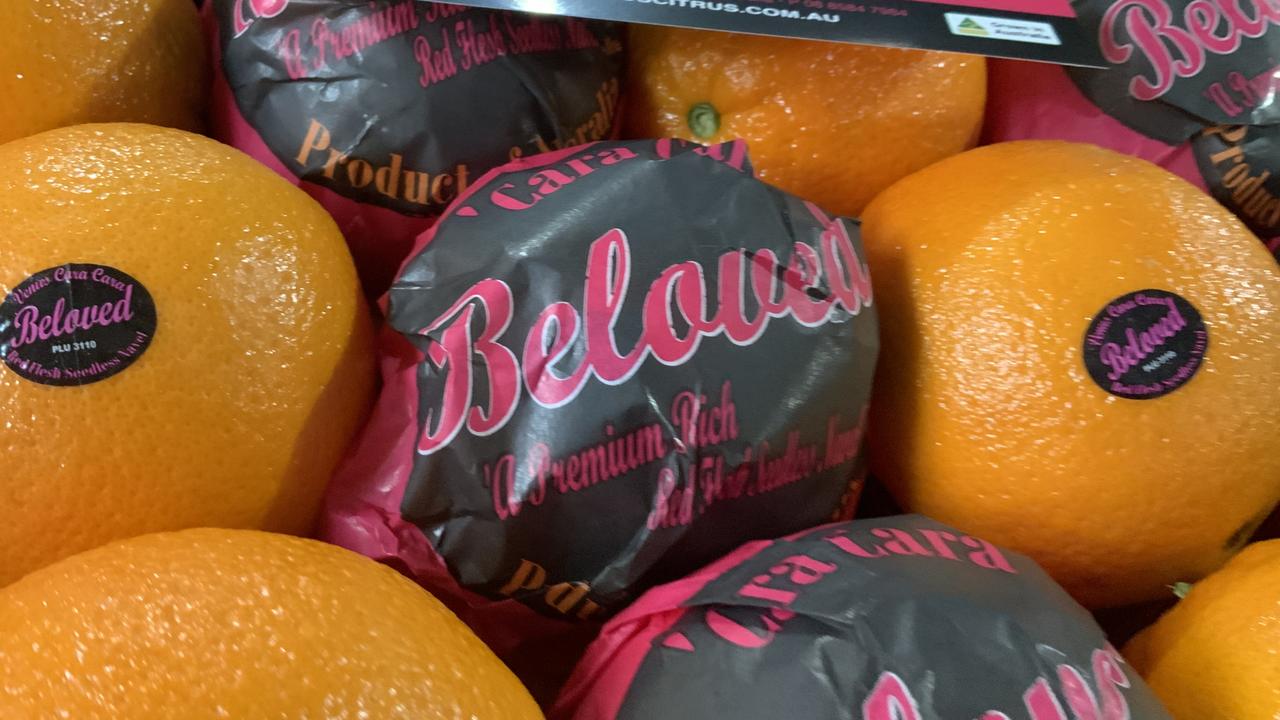Miranda Dale Dairy at Lakes Entrance shows whey forward
NEVER ones to be conventional, the Matthews get things mooving, writes SARAH HUDSON

WHEN Reg Matthews was establishing a herd of Jerseys for his family’s Miranda Dale Dairy, his methods were a little unconventional.
“I travelled around Victoria for about eight months getting small quantities of animals from studs and properties looking for A2 A2 cows, a protein more commonly found in Jerseys,” said Reg, of his 2009 search. “I’d ask farmers about A2 genetics and they would look at me with bewilderment.
“Back then it was pot luck whether they had the A2 protein, so I’d bring the Jerseys back to the farm and pull their tail hair out and send it to New Zealand for testing.”
Reg said the Matthews family, who farm 160ha near Gippsland’s Lakes Entrance, were on the brink of being the first 100 per cent A2 organic Jersey dairy in Australia, that he knows of, with the family convinced of the milk’s health benefits for allergy sufferers.
LOOKING OUTSIDE THE SQUARE
THE Matthews have never been conventional dairy farmers, which led to them establishing the first Miranda Dale Dairy in the Yarra Valley in the late 1970s, producing goat’s milk, popular with allergy sufferers.
That business grew to supply the eastern seaboard, and led to a major national and international distribution chain of organic and health food products.
It was only when the global financial crisis hit and Reg and his wife, Diane, lost most of what they had worked for that they re-established themselves at Lakes Entrance, leasing 160ha from a family that used to supply them organic cow’s milk. Working alongside their son, Paul, and daughter-in-law, Vikki, Reg and Diane are again cornering a niche market.

WHEY FORWARD
MIRANDA Dale Dairy has a herd of 95 milking cows, each yielding 13-18 litres a day, depending on the season.
The herd is milked once a day, not just to ensure minimum stress for the cattle, but so the Matthews too can have a good quality of life.
“We could yield up to 23 litres but we’re after quality not quantity,” Reg, 69, said.
Butterfat is about 6.2 per cent and protein 4.3 per cent.
The Matthews’ dairy has never supplied milk processors. They prefer to set their own price and value-add with their own products packaged on farm: pasteurised full cream milk (two litres and 750ml), and low fat (two litres), pasteurised cream (200g) and bath milk (two litres), with potential for more value-adding in coming years.
They sell two litres for $5.
MARKET POWER
MOST of the Matthews’ market goes through an organic distributor in Sydney and Melbourne to health food stores and small independents such as IGA. A small amount is sold at eight farmers’ markets a month between Lakes Entrance and Warragul, as well as through an honesty box farmgate fridge, to expand their brand to local residents and restaurants.
When Reg established the original herd of 125, the hair tail testing found about half were A2 A2 cows, with the rest either A1 A1 or a mix of A1 A2.
For the first two years they used artificial insemination with A2 genetics and now have a closed herd, using their own bulls and joining throughout the year to ensure continuity of supply.
“The aim of becoming fully A2 was a five-year program and we’re nearly there. I’d say in the next five months we’ll make it,” Reg said.
“It’s a wonderful product and I’m thrilled the a2 Milk Company has introduced their product to the public. Ours is a niche market but I believe we are helping people who prefer organic full-cream milk.”
FOR CREAM AND COUNTRY
THE farm is sandy loam over limestone with good drainage on rolling hills. Pasture is kikuyu grass, which “must have been planted back in the ’50s from the original owner”.
“It’s fantastic — a good milk producer,” Reg said.
Being certified organic, the only farm management is slashing and harrowing, with their own cut hay fed to the mob when the kikuyu dies back in winter.
The cows are given mineral supplements such as selenium and cobalt. Their cell count for subclinical mastitis averages less than 100,000 cells/ml, kept at bay with massaging, herbal treatments including vitamin E, cold hosing and frequent stripping out of infected cows.
“The animal comes first so if we’ve tried all those things we quarantine the animal and use antibiotics. The animal is moved on after the withholding period.”
NATURAL APPROACH
REG said the family’s dedication to organic evolved from their original Miranda Dale Dairy business.
Both Diane and Reg grew up in Melbourne and only bought the Yarra Valley farm in the late ’70s when an industrial accident left Reg unable to work as an electrical mechanic.
“We bought our first goat to chew the grass on the roadside and people started to pull into the property and ask to buy milk and yoghurt,” Reg said.
“Back then organic wasn’t really known and we just used natural pasture.
“Now it’s mainstream — not just marketing, it’s the health of the pasture and the animals and, of course, the human population too.
“This is a way of life, something we have always dabbled in. We are not people who sit on our hands.”


